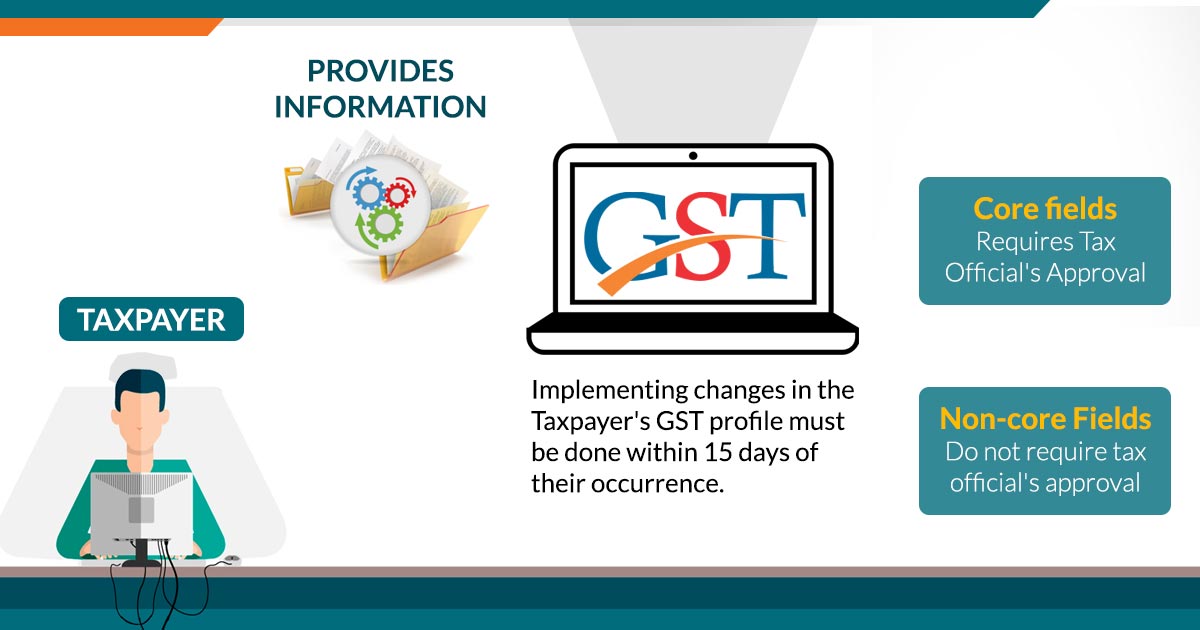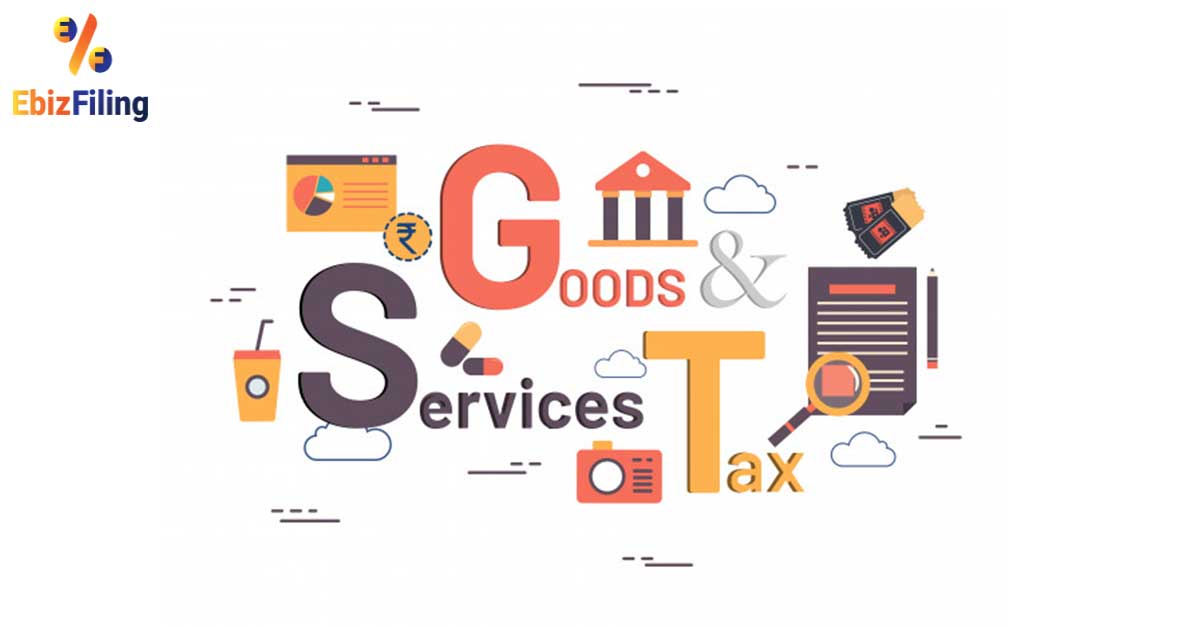Enhancing Your Singapore GST Registration: A Detailed Technique
Enhancing Your Singapore GST Registration: A Detailed Technique
Blog Article
Browsing the Intricacies of GST Registration: Specialist Tips and Ideal Practices for Easier Conformity
Navigating the detailed landscape of Product and Services Tax (GST) enrollment requires a keen understanding of the progressing regulative framework and careful attention to information. As businesses aim to ensure compliance and stay clear of pitfalls, professional support and finest techniques can work as vital compass factors in this complex terrain. From deciphering enrollment demands to harnessing technological devices for streamlined procedures, the journey towards smoother GST compliance is multifaceted and nuanced. Stay tuned to discover necessary techniques and understandings that can help businesses guide with the complexities of GST registration with finesse and self-confidence.
Understanding GST Enrollment Needs

In enhancement to turn over thresholds, organizations participating in interstate sales or offering taxable services might also be needed to register for GST, even if their turnover is listed below the prescribed limit (Singapore GST Registration). Recognizing these demands and limits is important to avoid charges and make certain smooth procedures within the legal structure
Additionally, services must collect and prepare the necessary documentation, such as evidence of identification, address, organization unification, and checking account details, prior to initiating the GST enrollment process. Stopping working to offer accurate info or fulfill the enrollment due dates can cause fines or various other lawful effects. Consequently, businesses ought to stay notified about the certain GST enrollment requirements relevant to their operations to preserve compliance and avoid possible problems.
Organizing Necessary Documents
Organizations embarking on the GST registration procedure should diligently put together and arrange the vital documentation required for submission. The crucial files usually needed for GST enrollment consist of proof of company enrollment or consolidation, identity and address proofs of the company owners or partners, financial institution account details, proof of major area of business, and authorization types. Making certain that these files are readily available and arranged can simplify the enrollment process and avoid delays or denials.
To properly organize essential paperwork, services must produce a centralized system for saving and categorizing the required documentation (Singapore GST Registration). Using electronic storage options can assist preserve easy access and make certain that papers are firmly kept. Furthermore, establishing a list of all required documents can serve as a helpful tool to track what has been collected and what is still required for entry

Leveraging Technology for Effectiveness
Enhancing operational efficiency through technological combination is paramount for contemporary organizations navigating the complexities of GST registration. One of the key means modern technology can assist in GST enrollment is with the usage of automated software program solutions.
Additionally, technology can assist in smooth interaction with tax obligation authorities. On the internet sites and interaction tools make it possible for services to send documents, fix questions, and obtain updates in an extra effective way. This not only speeds up the enrollment procedure but additionally aids in preserving reputable and transparent communication with the relevant authorities.
Furthermore, cloud-based storage space remedies offer a secure platform for companies to store and accessibility their financial data, making certain compliance with GST record-keeping demands. By systematizing information storage and go automating procedures, organizations additional info can enhance their overall effectiveness and accuracy in GST registration treatments.
Proactive Conformity Surveillance

To guarantee efficient positive conformity monitoring, services must establish durable internal controls, conduct periodic audits, and take advantage of automation tools for real-time monitoring of GST purchases. Regular training sessions for workers on GST compliance demands can likewise assist in producing a culture of conformity within the company. In addition, engaging with tax consultants or specialists can supply valuable insights and advice on navigating complex GST guidelines.
Engaging With Expert Professionals
Engaging experienced tax consultants can dramatically strengthen a firm's understanding and conformity with intricate GST guidelines. Specialist specialists bring a wide range of expertise and experience to the table, assisting companies browse the intricacies of GST enrollment easily. By leveraging their knowledge, companies can ensure exact filings, lessen the danger of mistakes, and stay current with the most recent regulative changes.
When involving with professional specialists, it is vital to pick experts with a strong performance history in GST compliance (Singapore GST Registration). Try to find consultants who have a deep understanding of the pertinent laws and regulations, as well as experience dealing with organizations in your market. Efficient communication is type in this collaboration, so make certain to clearly define your assumptions and establish regular touchpoints to review development and address any problems
In addition, professional professionals can give important insights and guidance on optimizing your tax obligation technique, recognizing potential cost-saving possibilities, and streamlining your conformity procedures. In general, purchasing specialist consultancy solutions can go a lengthy method in making sure smoother GST conformity and avoiding costly mistakes.
Final Thought
In conclusion, browsing the intricacies of GST registration needs a complete understanding of the demands, organization of important documents, leveraging innovation for effectiveness, positive compliance tracking, click resources and interaction with specialist consultants. By complying with these best practices, services can make certain smoother compliance with GST regulations and prevent possible fines or fines. It is necessary to remain notified, aggressive, and attentive in handling GST enrollment to keep compliance and maintain economic honesty.
To make certain compliance with tax obligation regulations, organizations must extensively comprehend the intricate demands for GST enrollment. Item and Services Tax Obligation (GST) is a value-added tax obligation imposed on many goods and solutions in a nation, making it important for companies to sign up for GST to stay clear of legal effects.In addition, services should gather and prepare the required paperwork, such as proof of identity, address, service incorporation, and bank account details, prior to starting the GST enrollment process. Businesses should remain informed about the specific GST enrollment requirements appropriate to their operations to keep conformity and prevent prospective problems.
The key documents normally needed for GST registration consist of proof of business enrollment or identification, address and consolidation evidence of the organization proprietors or companions, bank account information, proof of primary location of company, and permission types.
Report this page